ARTHUR M. MELZER is professor of political science at Michigan State University, where he is also cofounder and codirector of the Symposium on Science, Reason, and Modern Democracy. He is the author of The Natural Goodness of Man.
The University of Chicago Press, Chicago 60637
The University of Chicago Press, Ltd., London
2014 by The University of Chicago
All rights reserved. Published 2014.
Printed in the United States of America
23 22 21 20 19 18 17 16 15 14 1 2 3 4 5
ISBN-13: 978-0-226-17509-6 (cloth)
ISBN-13: 978-0-226-17512-6 (e-book)
DOI: 10.7208/chicago/9780226175126.001.0001
Library of Congress Cataloging-in-Publication Data
Melzer, Arthur M., author.
Philosophy between the lines : the lost history of esoteric writing / Arthur M. Melzer.
pages cm
Includes bibliographical references and index.
ISBN 978-0-226-17509-6 (cloth : alk. paper) ISBN 978-0-226-17512-6 (e-book)
1. Philosophical literatureHistory and criticism. 2. Methodology. 3. Hermeneutics. 4. Censorship. 5. Secrecy. I. Title.
B52.66.M45 2014
190dc23
2014016966
 This paper meets the requirements of ANSI/NISO Z39.48-1992 (Permanence of Paper).
This paper meets the requirements of ANSI/NISO Z39.48-1992 (Permanence of Paper).
PHILOSOPHY Between THE LINES
The Lost History of Esoteric Writing
ARTHUR M. MELZER
University of Chicago Press
Chicago & London
For
Shikha and Prateik
There is not a truth existing which I fear... or would wish unknown to the whole world.
THOMAS JEFFERSON
Must one be senseless among the senseless? No; but one must be wise in secret.
DIDEROT
PREFACE
EXOTERIC and ESOTERIC, adj. (History of Philosophy): The first of these words signifies exterior, the second, interior. The ancient philosophers had a double doctrine; the one external, public or exoteric; the other internal, secret or esoteric.
Encyclopedia of Diderot
... the distinction between the two doctrines so eagerly received by all the Philosophers, and by which they professed in secret sentiments contrary to those they taught publicly.
JEAN-JACQUES ROUSSEAU
We moderns are believers in progress. But as even we must admit, the passage of time brings not only intellectual advance but also declinediscovery but also ossification, denial, and forgetting. There is a natural tendency, however, to notice and be impressed with the former, to neglect the latter. Discoveries stand out, while forgettings are invisible.
Countless books have been written celebrating the discovery of some important phenomenon. The present work examines the forgetting of one.
A LOST METHOD OF WRITINGAND READING
In a letter to a friend, dated October 20, 1811, Johann Wolfgang von Goethe speaks of an act of forgetting taking place before his eyes: I have always considered it an evil, indeed a disaster which, in the second half of the previous century, gained more and more ground that one no longer drew a distinction between the exoteric and the esoteric. The intellectual life of the West, Goethe reports here, has gradually been undergoing a strange and unfortunate transformation. Through a slow act of collective amnesia, a well-known phenomenon has quietly been dropping out of awareness: the philosophic practice of esoteric writing. By this is meant the practice of communicating ones unorthodox thoughts primarily between the lines, hidden behind a veneer of conventional pieties, for fear of persecution or for other reasons.
Although unheeded, Goethes warning turned out to be remarkably prescient, pointing to a philosophical forgetting that would continue to spread and deepen for another hundred years. For during the first half of the eighteenth century, esoteric writing was still very well known, openly discussed, and almost universally practiced (as it had been since ancient times), as can be seen from the epigraphs. These two statements could be multiplied a hundred timesand will be. And yet this well-established phenomenon was somehow slowly forgotten in the course of the nineteenth century and, in the twentieth, confidently declared a myth.
It was rediscovered principally by Leo Straussthe University of Chicago political philosopherwho began publishing on the subject in the late 1930s. As Alexandre Kojve declared in recognition of this achievement: Leo Strauss has reminded us of what has tended to be too easily forgotten since the nineteenth centurythat one ought not to take literally everything that the great authors of earlier times wrote, nor to believe that they made explicit in their writings all that they wanted to say in them. Still, Strausss efforts at recovery also went largely unheeded.
The present study is an exercise in historical recollection and retrieval. It attempts to more clearly display, document, and, above allif possiblereverse this extraordinary act of forgetting. It aims to reestablish a general recognition of the several reasons for and the near-universal prevalence of esoteric writing among the major philosophical writers of the West prior to the nineteenth century. My goal here is not to get people to like esotericism (I am no great lover of it myself), or to engage in it themselves (as I do not), but simply to recognize, understand, and accept it as a historical realityindeed a monumental one affecting the whole conduct of intellectual life in the West over two millennia. I seek a restoration not of esoteric writing but of esoteric readingthe recovery of a crucial but long-lost element of philosophical literacy.
What I also do not attempt to do is determine the particular esoteric teaching of everyone (or anyone) in this long line of thinkerssomething that cannot be done in a general work of this kind, but only with meticulous care, one philosopher at a time. My book is not: The Esoteric Secrets of All Ages Revealed! It is simply, if you like: Awareness of the Forgotten Practice of Esoteric Writing Restored. That is project enough.
WHAT IS AT STAKE
Naturally, the reader, who has yet to be shown much evidence for the reality of this strange practice, will want to reserve judgment on the merits of the project. Still, the great importance of the issue itself should at least be clear. Here is what is at stake.
If it turns out to be true that most philosophers of the past routinely hid some of their most important ideas beneath a surface of conventional opinions, then surely we had better know that. If they wrote esoterically and we do not read them esoterically, we will necessarily misunderstand them. We will systematically cut ourselves off from their thought precisely in its most unorthodox, original, and liberating part.
But the damage, great as it is, does not stop there. Not only will we misunderstand all these thinkers as individuals, but through the accumulation of such errors, we will also form mistaken ideas about the relations among thinkers, about how ideas develop over time, about the whole movement and meaning of Western intellectual history. This misunderstanding would be especially damaging to modern philosophy, which tends to rest, implicitly or explicitly, on a theory of history, an interpretation of the stages and trajectory of philosophical thought.
But the damage may, in fact, extend yet one crucial step further. If, for these reasons, we misunderstand earlier philosophers and, because of that, the history of philosophical thought, dont we also run a great risk of finally misunderstanding the character of human reason as suchespecially how it relates to the political and cultural environment in which it is embedded? For we can know how the faculty of reason works and what it is capable of primarily by seeing what it has doneby its history, its concrete record of failures and achievements. Thus, to systematically misconstrue the history of reason puts one in great danger of misunderstanding reason itself.
Next page
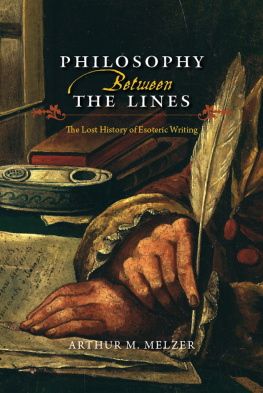


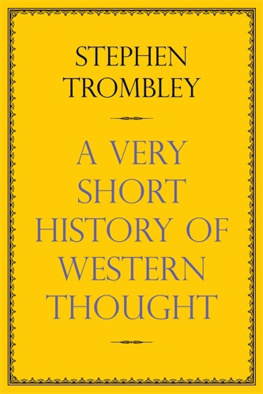
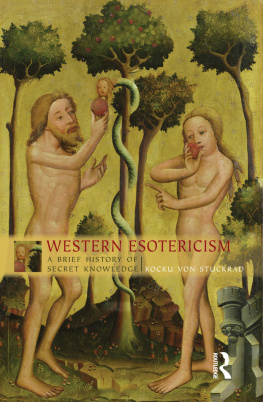
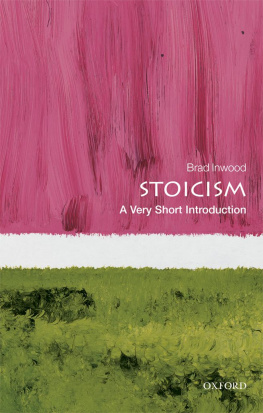
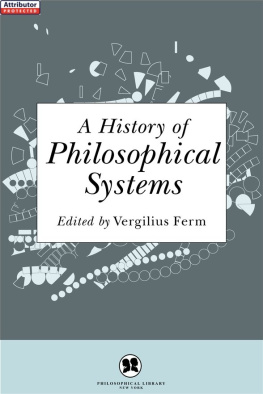
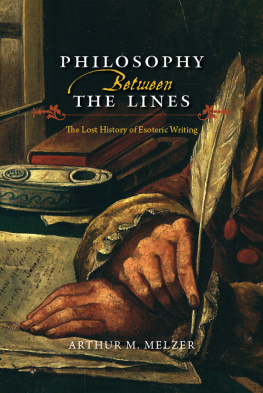
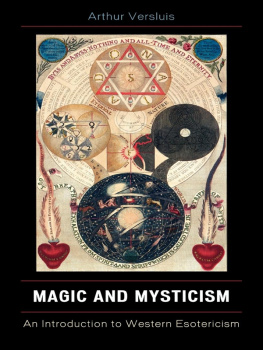
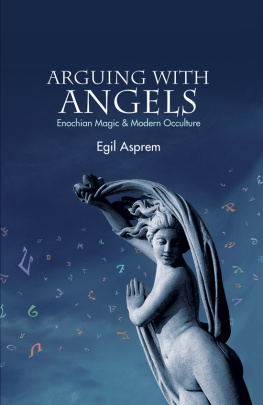
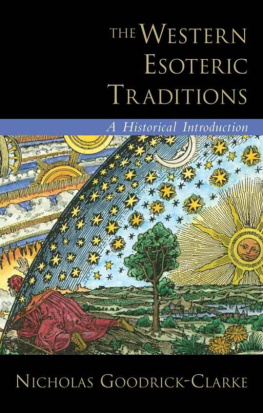
 This paper meets the requirements of ANSI/NISO Z39.48-1992 (Permanence of Paper).
This paper meets the requirements of ANSI/NISO Z39.48-1992 (Permanence of Paper).